
Chișinău: A Hidden Gem in Eastern Europe
Chișinău, the capital of Moldova, is a city brimming with culture, history, and charm. Nestled in the heart of Eastern Europe, it offers a unique blend of Soviet-era architecture and modern attractions. Walking through its streets, you'll discover beautiful parks, fascinating museums, and a vibrant nightlife that will make your visit unforgettable. Start your journey at the central Stefan cel Mare Boulevard, where you will find the iconic statue of Stephen the Great. This historic area is filled with shops, cafes, and restaurants where you can taste traditional Moldovan cuisine. Don't miss the local specialties like mămăligă and sarmale, which will give you a true flavor of the region. Nature lovers will appreciate the lush greenery of Valea Morilor Park and Dendrarium Park. These peaceful retreats offer a perfect escape from the bustling city life. For a deeper dive into Moldovan culture, visit the National Museum of History and Ethnography, which showcases the rich heritage of the country. Chișinău is also known for its wine culture. Take a day trip to the nearby Cricova or Milestii Mici wineries, where you can explore vast underground cellars and taste some of the best wines in the world. Whether you're a history buff, a foodie, or a nature enthusiast, Chișinău has something special for everyone.
Local tips in Chișinău
- Visit in spring or autumn for the best weather and fewer crowds.
- Try local wines at Cricova or Milestii Mici wineries.
- Learn a few basic Romanian phrases; it's the official language.
- Use public transport or taxis to get around the city easily.
- Don't miss the local markets for fresh produce and unique souvenirs.
Neighbourhoods in Chișinău
Chișinău: A Hidden Gem in Eastern Europe
Chișinău, the capital of Moldova, is a city brimming with culture, history, and charm. Nestled in the heart of Eastern Europe, it offers a unique blend of Soviet-era architecture and modern attractions. Walking through its streets, you'll discover beautiful parks, fascinating museums, and a vibrant nightlife that will make your visit unforgettable. Start your journey at the central Stefan cel Mare Boulevard, where you will find the iconic statue of Stephen the Great. This historic area is filled with shops, cafes, and restaurants where you can taste traditional Moldovan cuisine. Don't miss the local specialties like mămăligă and sarmale, which will give you a true flavor of the region. Nature lovers will appreciate the lush greenery of Valea Morilor Park and Dendrarium Park. These peaceful retreats offer a perfect escape from the bustling city life. For a deeper dive into Moldovan culture, visit the National Museum of History and Ethnography, which showcases the rich heritage of the country. Chișinău is also known for its wine culture. Take a day trip to the nearby Cricova or Milestii Mici wineries, where you can explore vast underground cellars and taste some of the best wines in the world. Whether you're a history buff, a foodie, or a nature enthusiast, Chișinău has something special for everyone.
When is the best time to go to Chișinău?
Iconic landmarks you can’t miss
Valea Morilor Park
Escape to Chișinău's largest park: Valea Morilor offers a tranquil lake, cultural events, and a green oasis in the city center.
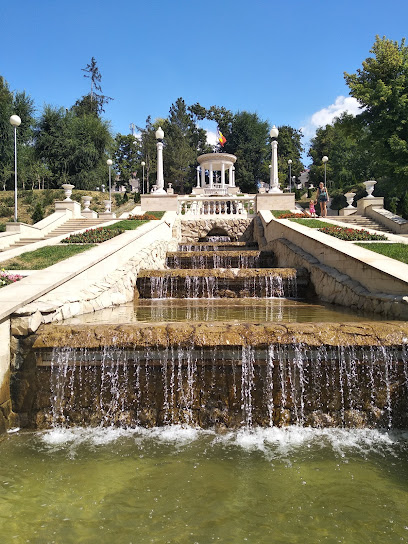
Stephen the Great Central Park
Discover Chișinău's oldest park: a green oasis with tree-lined paths, historical monuments, and serene fountains in the heart of the city.
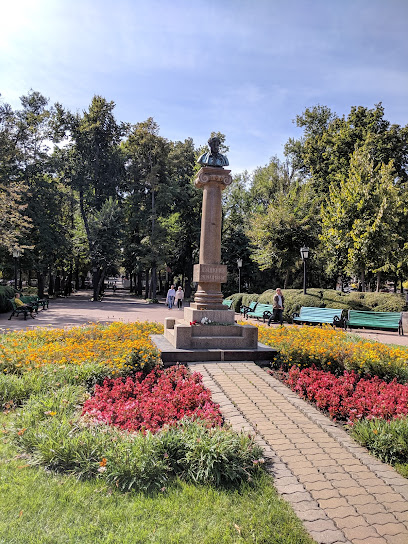
Cathedral Park
Discover Chișinău's tranquil Cathedral Park: a blend of nature, history, and culture in the heart of Moldova's capital.
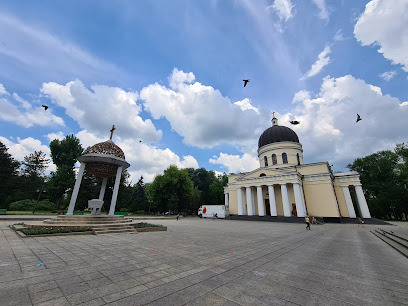
Zoo of Chisinau
Discover diverse wildlife at Moldova's national zoo in Chisinau, offering a peaceful escape into the animal kingdom for all ages.
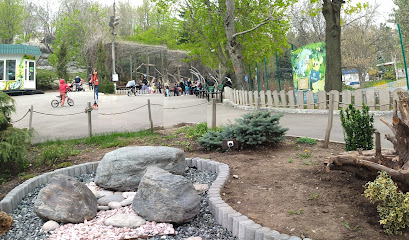
Dendrariu Park
Discover the tranquility of Dendrariu Park in Chișinău, a lush retreat filled with beautiful landscapes, serene lakes, and vibrant flora.
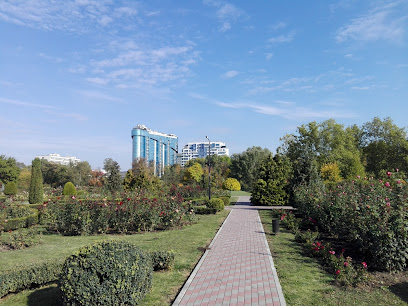
Alexandru Ciubotaru National Botanical Garden
Discover Moldova's natural beauty at Chișinău's Alexandru Ciubotaru National Botanical Garden, a haven of diverse flora and tranquil landscapes.
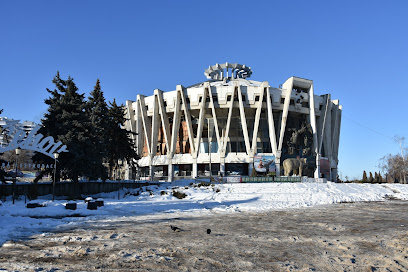
The Triumphal Arch
Discover Chișinău's Triumphal Arch: a 19th-century monument celebrating victory and showcasing neoclassical architecture in the heart of Moldova.
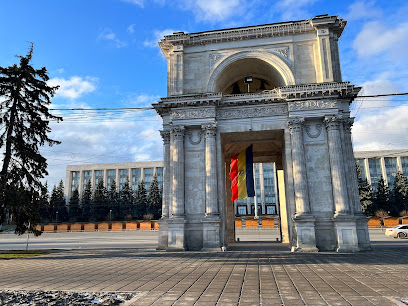
Eternity Memorial Complex
Honor Moldova's heroes at the Eternity Memorial Complex in Chișinău, a serene and historically significant landmark.
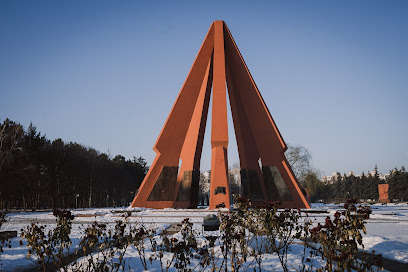
Stephen the Great Monument
A tribute to Moldova's greatest ruler, the Stephen the Great Monument stands as a symbol of national pride in the heart of Chișinău.
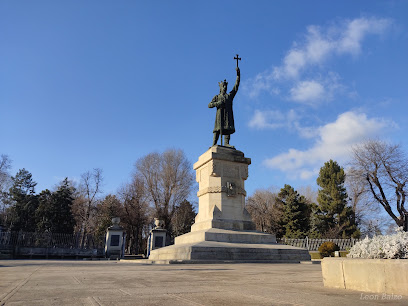
Cascade Stairs
Discover Chișinău's iconic Cascade Stairs: A blend of history, architecture, and stunning panoramic views in Moldova's capital.
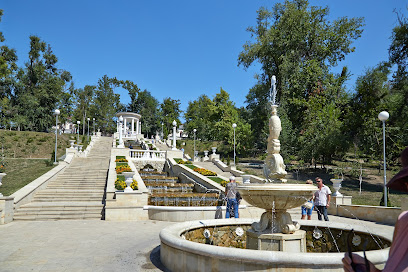
National Museum of Ethnography and Natural History
Explore Moldova's oldest museum in Chisinau, showcasing the nation's natural history and cultural heritage through diverse exhibits and collections.
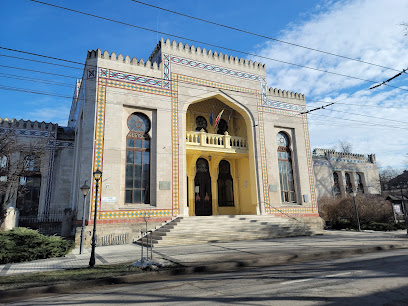
National History Museum of Moldova
Discover Moldova's captivating past at the National Museum of History, showcasing artifacts from ancient times to independence.
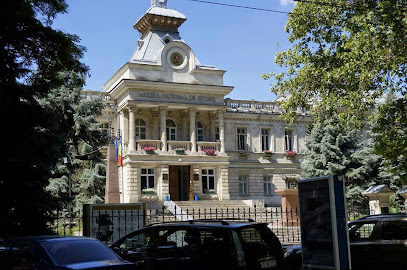
Metropolitan Cathedral of Christ's Nativity
Discover Chișinău's spiritual heart at the Metropolitan Cathedral of Christ's Nativity, a neoclassical masterpiece with a rich history and stunning interiors.
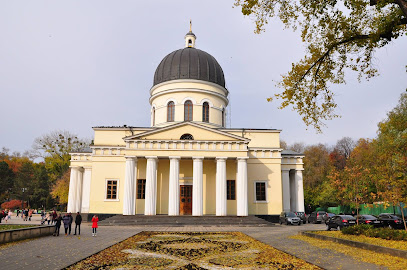
Village Museum
Step back in time at Chișinău's Village Museum, an open-air showcase of Moldova's rural traditions, architecture, and cultural heritage.
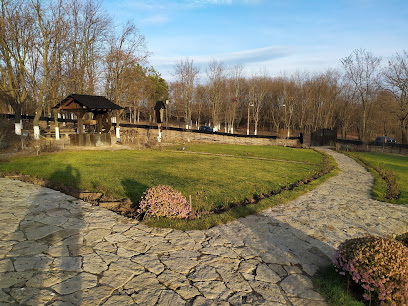
Palace of the Republic
Experience culture and history at Chișinău's Palace of the Republic, a Soviet-era architectural landmark hosting diverse events.
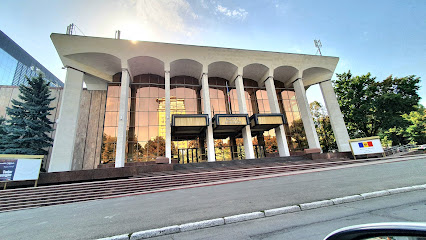
Unmissable attractions to see
Rose Valley Park
Experience the serene beauty and vibrant atmosphere of Rose Valley Park, a lush green oasis in the heart of Chișinău, Moldova.
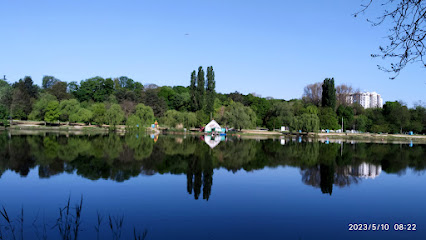
Valea Morilor Park
Explore the lush greenery and serene lakes of Valea Morilor Park, a tranquil gem in Chișinău, Moldova, perfect for relaxation and outdoor fun.
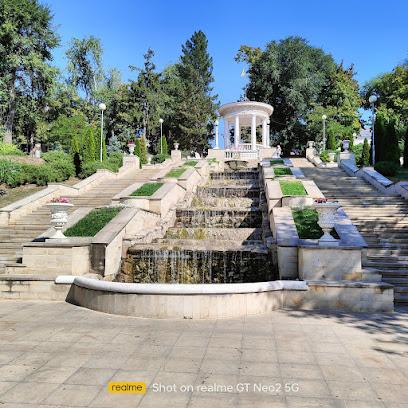
Stephen the Great Central Park
Discover the serene beauty of Stephen the Great Central Park in Chișinău, a cultural oasis filled with history, art, and vibrant landscapes.
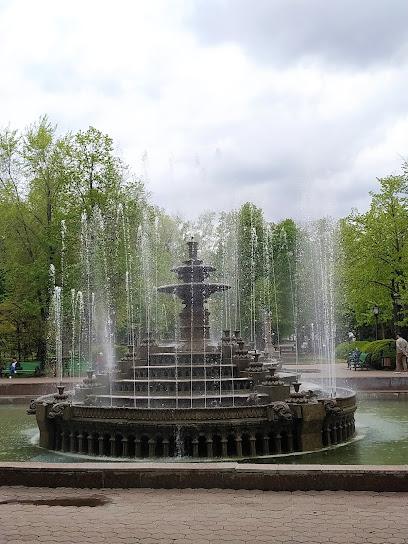
Cathedral Park
Explore the serene beauty and cultural vibrance of Cathedral Park in Chișinău, the heart of Moldova's capital.
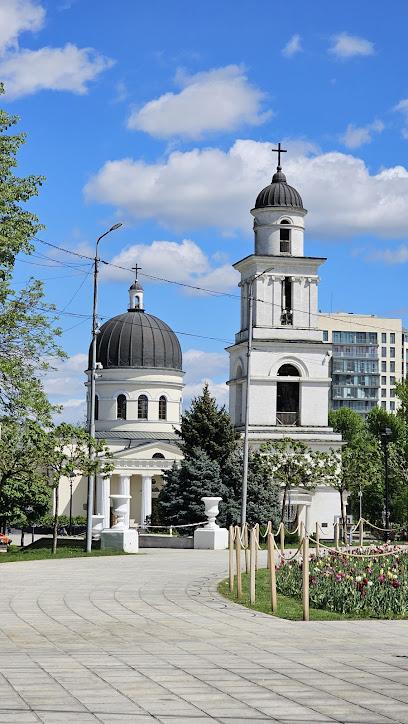
Dendrariu Park
Explore Dendrariu Park in Chișinău: a lush green haven for relaxation, recreation, and connecting with nature in the heart of Moldova.
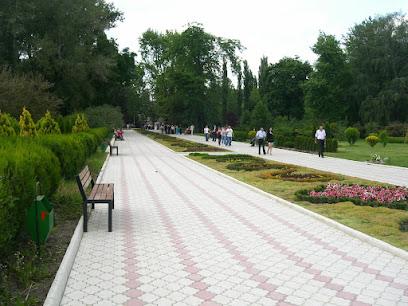
Zoo of Chisinau
Explore the Zoo of Chisinau, a family-friendly attraction filled with diverse wildlife and engaging exhibits surrounded by lush nature.
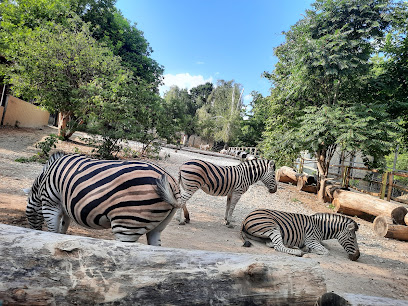
Eroii Patriei Park
Discover the tranquil beauty and historical significance of Eroii Patriei Park in Chișinău, a perfect blend of nature and tribute.
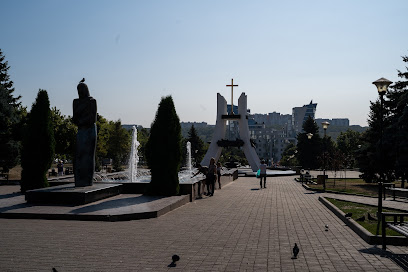
Eternity Memorial Complex
Explore the deep history and serene beauty of the Eternity Memorial Complex in Chișinău, a must-visit destination for those seeking remembrance and reflection.
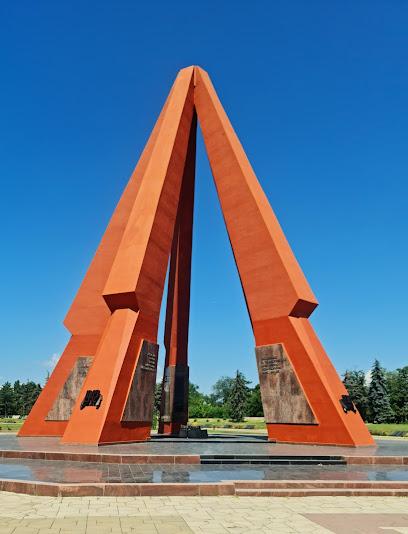
Castel Mimi
Experience the charm of Castel Mimi, a beautiful winery and castle in Moldova, where exquisite wines and rich history come together in stunning surroundings.
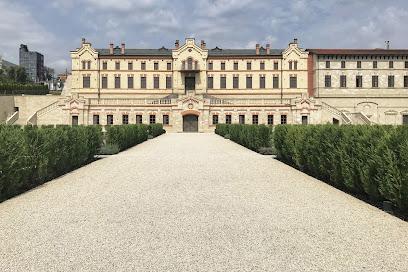
Cascade Stairs
Explore the Cascade Stairs in Chișinău, an architectural marvel offering stunning views and a glimpse into Moldova's rich cultural heritage.
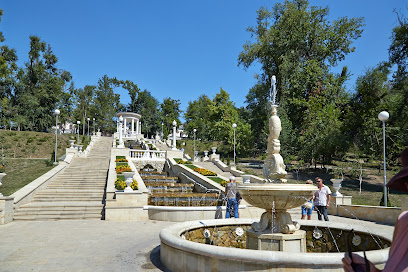
National Museum of Ethnography and Natural History
Uncover Moldova's cultural and natural heritage at the National Museum of Ethnography and Natural History in Chișinău, a treasure trove of history and nature.
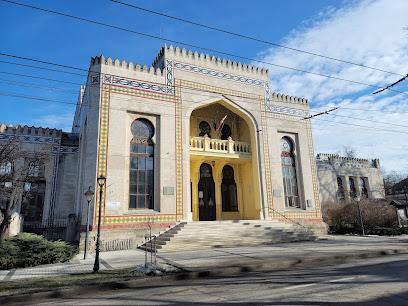
National History Museum of Moldova
Explore the National History Museum of Moldova, where the ancient and modern stories of this fascinating country come to life through rich exhibitions and artifacts.
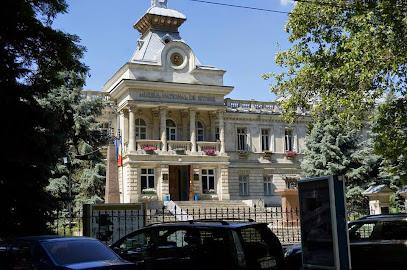
Căpriana Monastery
Discover the tranquility and rich history of Căpriana Monastery, a stunning spiritual site nestled in Moldova's lush landscapes.
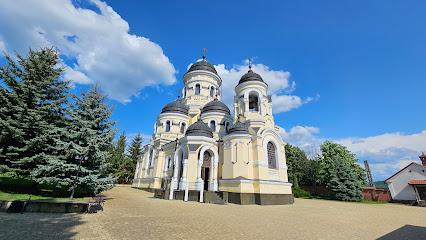
Maria Bieșu National Opera and Ballet Theatre
Discover the cultural heartbeat of Moldova at the stunning Maria Bieșu National Opera and Ballet Theatre, where world-class performances await.
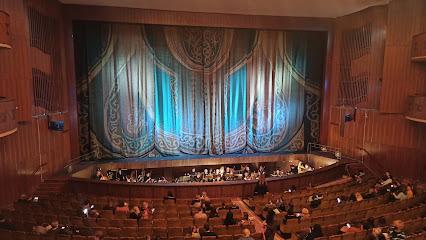
Manuc Bey Castle
Explore the historic Manuc Bey Castle in Hincești, Moldova—an exquisite blend of culture, history, and stunning architecture.
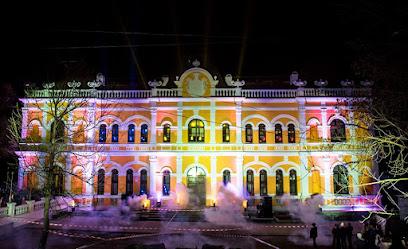
Essential places to dine
Pegas Terrace & Restaurant
Discover exquisite European cuisine at Pegas Terrace & Restaurant in Chișinău, where fine dining meets stunning views.
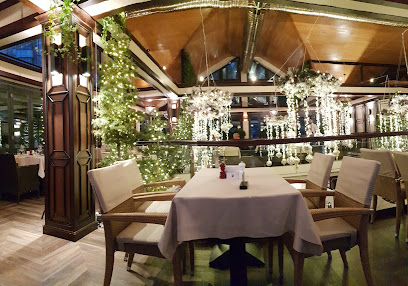
Crème de la Crème
Discover authentic French flavors at Crème de la Crème in Chișinău – where every meal feels like a trip to Paris.
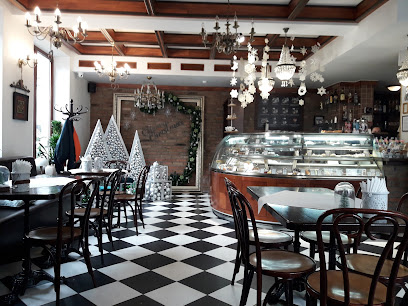
Oliva
Experience authentic Mediterranean flavors at Oliva in Chișinău – where every dish tells a story.
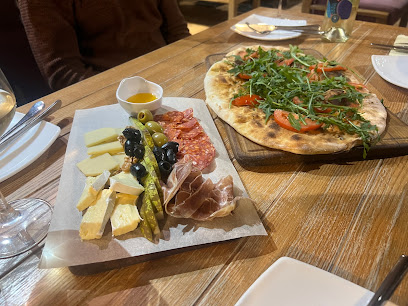
Mi Piace
Savor authentic Italian flavors at Mi Piace in Chișinău - where every dish tells a story.
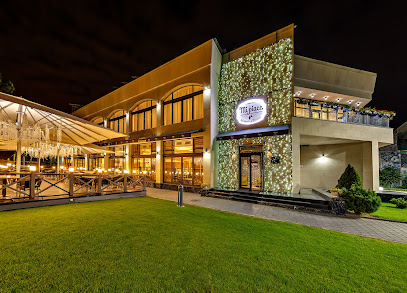
La Sarkis
Experience authentic Moldovan cuisine at La Sarkis in Chișinău – where tradition meets elegance for an unforgettable dining experience.
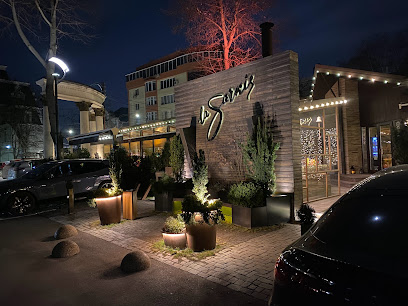
Gök-Oguz
Discover authentic Bulgarian cuisine at Gök-Oguz in Chișinău—where mutton barbecue meets warm hospitality.
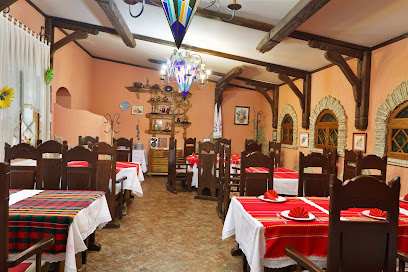
Black Rabbit Gastro-Burrow
Experience the best of modern European cuisine at Black Rabbit Gastro-Burrow in Chișinău - where every dish tells a story.
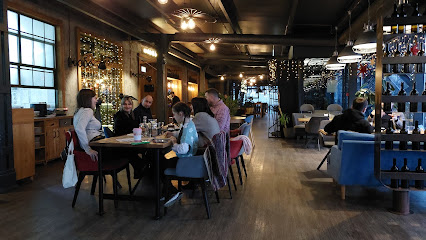
Gastrobar
Discover the flavors of modern European cuisine at Gastrobar in Chișinău—where tradition meets innovation in every dish.
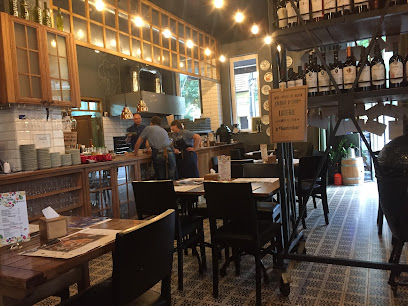
Taifas
Discover the heart of Romanian cuisine at Taifas in Chișinău - where tradition meets taste in every delightful dish.
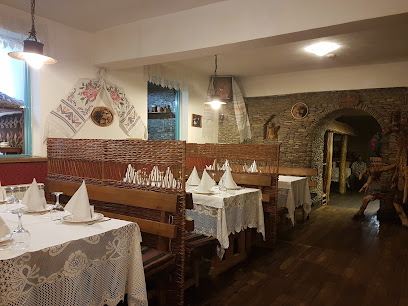
Popasul Dacilor
Experience authentic Romanian cuisine at Popasul Dacilor in Chișinău - where tradition meets flavor in every dish.
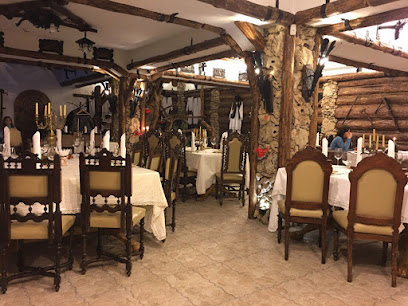
Acasă la Mama
Discover the heart of Romanian cuisine at Acasă la Mama in Chișinău—where tradition meets taste in every dish.
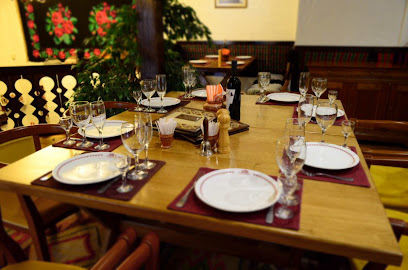
Kiku Steak & Wine
Experience the best of Chișinău's culinary scene at Kiku Steak & Wine – where exceptional steaks meet fine wines.
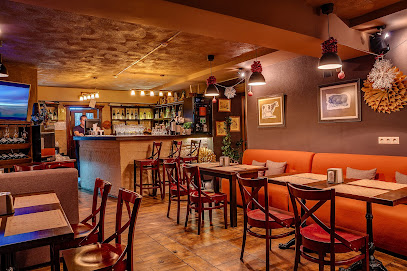
Osho Bar & Kitchen
Experience modern European cuisine at its finest in Chișinău's Osho Bar & Kitchen – where taste meets elegance.
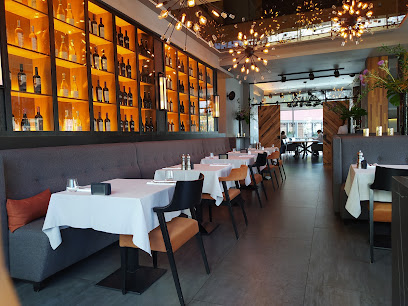
La Roma
Experience authentic Italian cuisine at La Roma in Chișinău - where every meal feels like a celebration.
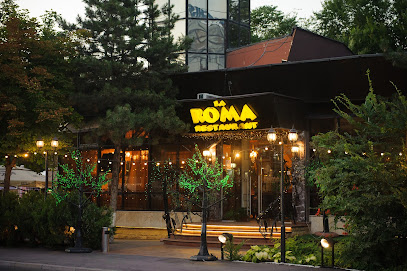
Butoiaș
Experience authentic Romanian cuisine at Butoiaș in Chișinău - where tradition meets modern dining.
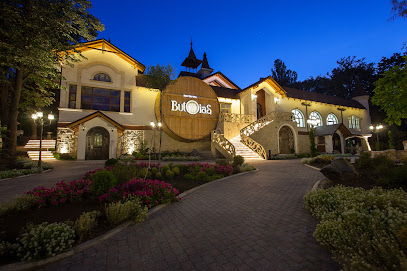
Markets, malls and hidden boutiques
Shopping MallDova
Explore Shopping MallDova in Chișinău: Your ultimate shopping destination for local and international brands, dining, and entertainment.
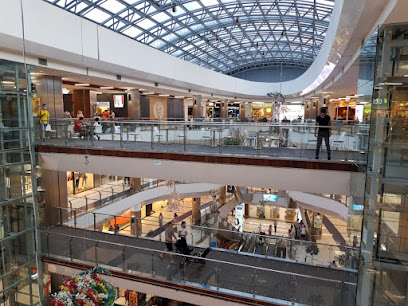
Unic
Discover the vibrant shopping experience at Unic Shopping Mall in Chișinău, where fashion, dining, and entertainment come together.
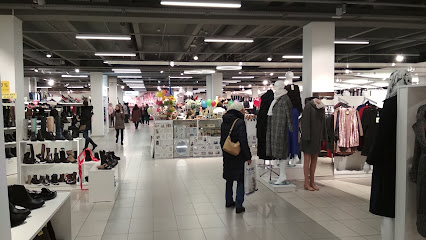
Atrium
Discover the vibrant shopping and entertainment experience at Atrium, the premier destination in Chișinău, Moldova.
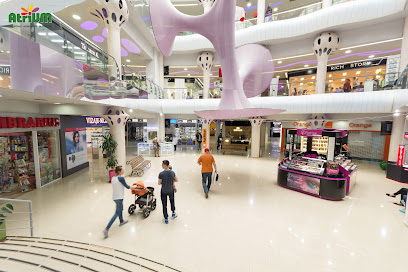
Grand Hall
Explore the Grand Hall in Chișinău: a vibrant shopping mall offering diverse retail, dining, and entertainment experiences for every traveler.
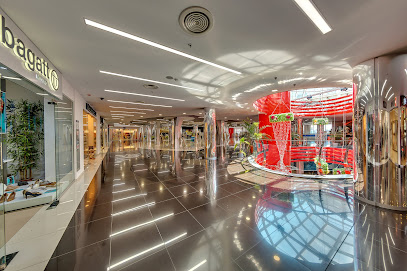
Istanbul Bazaar
Discover the authentic charm of Chișinău at Istanbul Bazaar, where vibrant culture meets a delightful shopping experience.
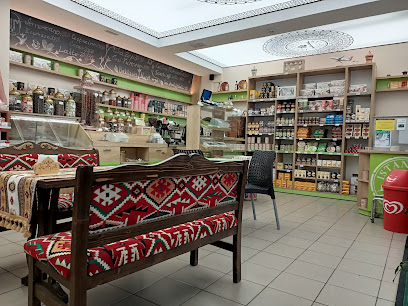
CadouriOnline
Discover the beauty of flowers and exceptional event planning at CadouriOnline, a floral haven in the heart of Chișinău, Moldova.
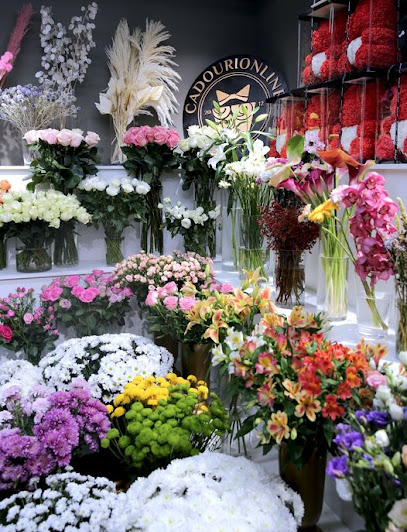
GoCon
Experience the best of Chișinău shopping at GoCon, where quality meets vibrant local culture in an unforgettable retail setting.
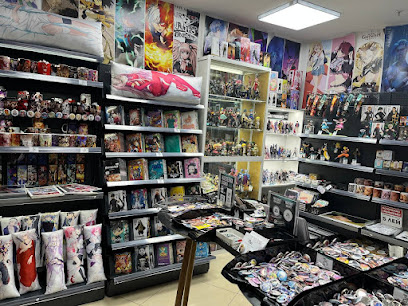
Cadouri.md - Livrare flori si cadouri in Chisinau, Moldova
Explore Cadouri.md in Chișinău for exquisite flower delivery and unique gifts that capture the spirit of Moldova.
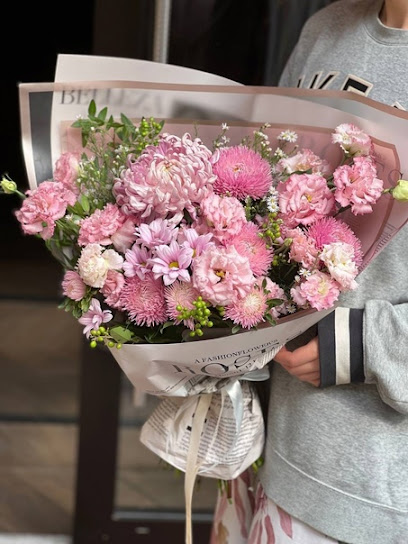
Nike Store
Explore the Nike Store in Chișinău for top-tier sportswear and footwear to elevate your game and style.
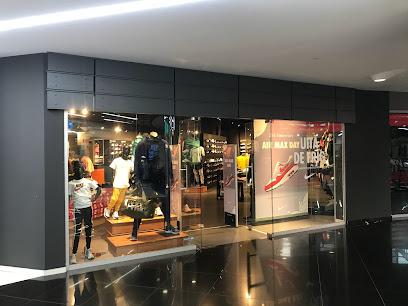
Vernisaj
Discover the essence of Moldovan fashion at Vernisaj, a women's clothing store in Chișinău offering unique styles and local designs.
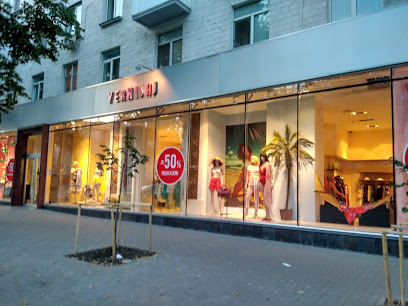
Souvenirs Folk & Art
Explore the heart of Moldovan culture at Souvenirs Folk & Art, where unique handcrafted treasures await to be discovered.
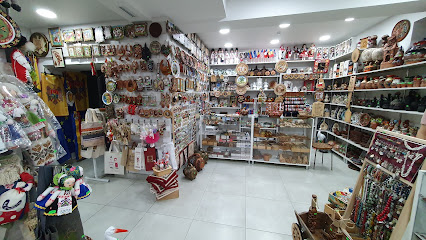
Casa Cristea
Explore Casa Cristea in Chișinău for a unique blend of local and international fashion, perfect for every style and occasion.
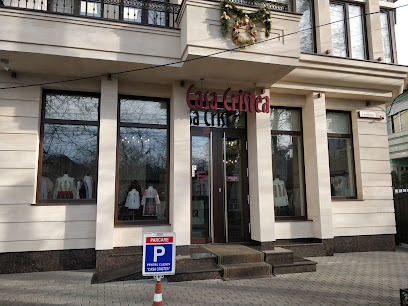
ArtCrystal
Discover ArtCrystal, where Moldovan craftsmanship comes to life in exquisite chinaware and glassware, perfect for gifts and home decor.
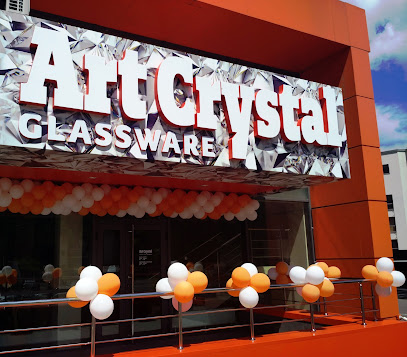
ABC
Explore ABC Gift Shop in Chișinău for unique souvenirs and gifts that showcase the beauty of Moldovan craftsmanship.
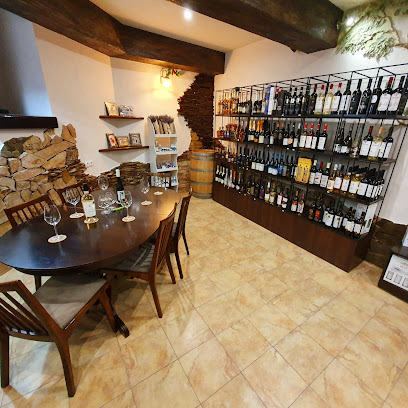
ProPrezent - Cadouri şi Suvenire
Explore ProPrezent - Cadouri şi Suvenire in Chișinău for unique souvenirs, gifts, and local crafts that capture the essence of Moldova.
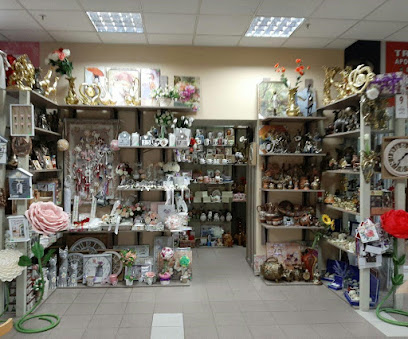
Essential bars & hidden hideouts
Budweiser Grill & Pub
Discover the best of Chișinău nightlife at Budweiser Grill & Pub, where delicious grills meet craft brews in a lively atmosphere.
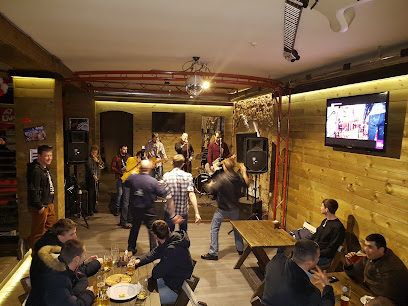
Jack's Bar & Grill
Discover the lively spirit of American cuisine and nightlife at Jack's Bar & Grill in Chișinău, where every visit is a celebration.
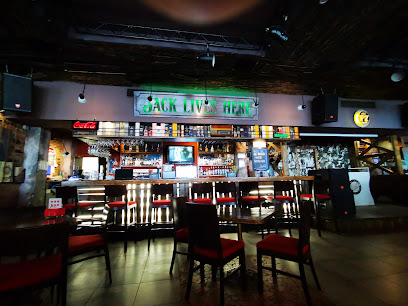
Vdrovapub
Experience the best of Chișinău at Vdrovapub, the ultimate destination for craft beer, gourmet burgers, and live rock music.
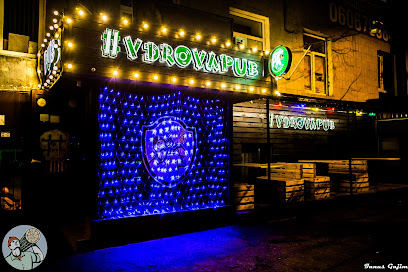
513
Discover the lively atmosphere of Bar 513 in Chișinău, where delicious cuisine meets an impressive selection of drinks in a modern setting.
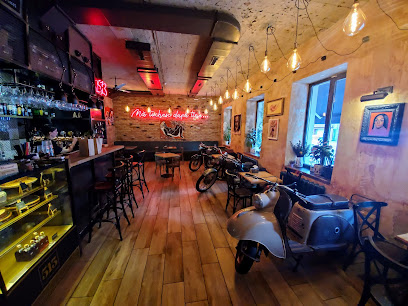
Brother's Pub
Discover the heart of Chișinău at Brother's Pub, where vibrant atmosphere, local culture, and delicious drinks await every visitor.
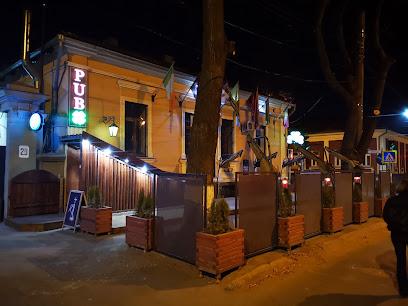
Double Beer Pub
Discover the lively ambiance of Double Beer Pub in Chișinău, where local brews meet a vibrant nightlife in a cozy setting.
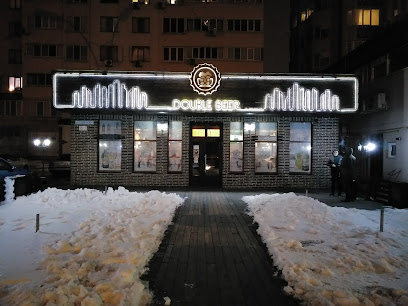
Keller Holz Gastropub
Experience the best of Moldovan cuisine at Keller Holz Gastropub, a vibrant eatery in Chișinău combining local flavors with a modern twist.
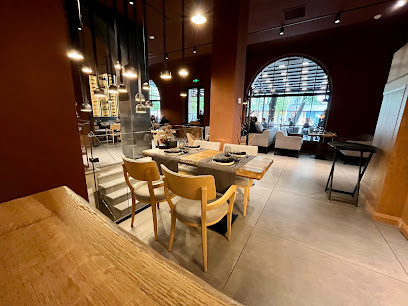
Independence Pub
Discover the vibrant flavors of Moldova at Independence Pub, where delicious grilled dishes and a lively atmosphere await you in Chișinău.
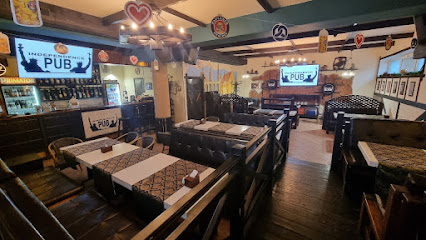
Kira's Club
Experience the vibrant nightlife of Chișinău at Kira's Club, a bar that blends local charm with exquisite drinks and a lively atmosphere.
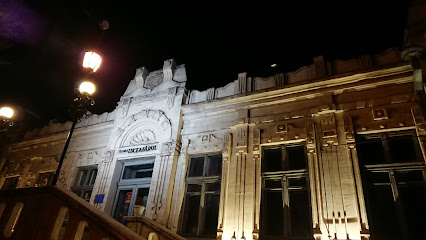
Carpe Diem Wine Bar
Discover the finest selection of wines at Carpe Diem Wine Bar in Chișinău, where every sip tells a story and every visit is memorable.
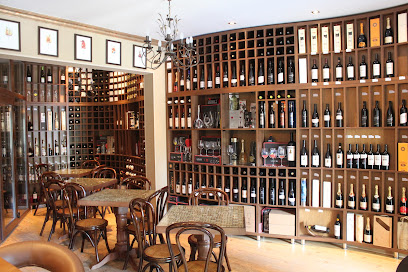
Marlène
Experience the vibrant cocktail culture at Marlène in Chișinău, where expert mixology meets a lively atmosphere.
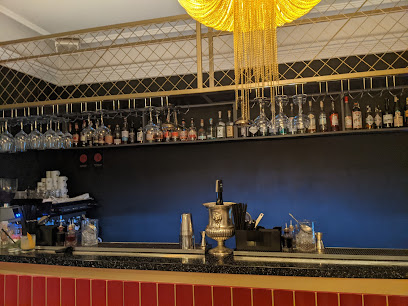
Lud's Pub
Discover the vibrant atmosphere and delicious chophouse cuisine at Lud's Pub, a charming destination in Chișinău, Moldova.
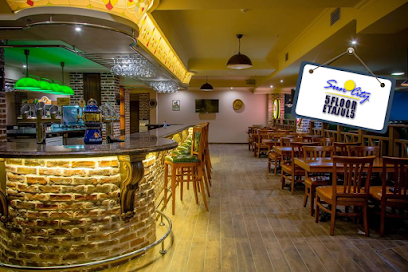
EscoBar
Discover the vibrant nightlife at EscoBar in Chișinău, where exquisite cocktails and delicious sushi come together in a lively atmosphere.
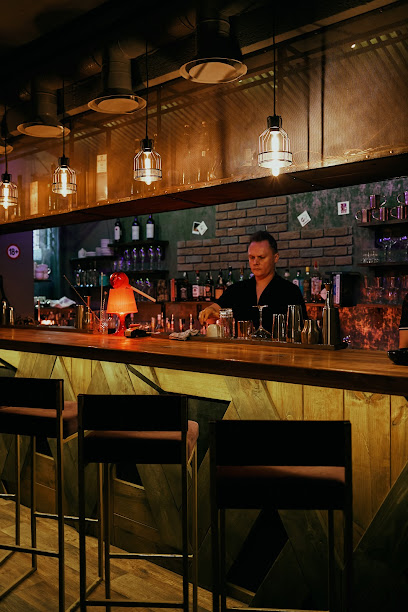
Rockovoy Bar
Experience the vibrant nightlife at Rockovoy Bar in Chișinău, where exquisite cocktails and a lively atmosphere await every traveler.
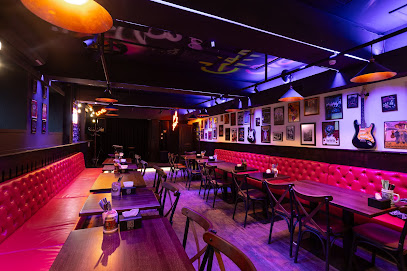
Local Phrases
-
- HelloBună ziua
[Boo-nuh zee-wah] - GoodbyeLa revedere
[La re-ve-de-re] - YesDa
[Dah] - NoNu
[Noo] - Please/You're welcomeTe rog
[Te rohg] - Thank youMulțumesc
[Mool-tsoo-mesk] - Excuse me/SorryScuzați-mă
[Scoo-za-tsi-muh] - How are you?Cum ești?
[Koom esh-tee] - Fine. And you?Bine. Și tu?
[Bee-neh. Shee too] - Do you speak English?Vorbiți engleză?
[Vor-beetz eng-leh-zuh] - I don't understandNu înțeleg
[Noo in-tsel-eg]
- HelloBună ziua
-
- I'd like to see the menu, pleaseAș dori să văd meniul, vă rog
[Ush doh-ree suh vuhd meh-nyool, vuh rohg] - I don't eat meatEu nu mănânc carne
[Yoo noo muh-nuhnk kar-neh] - Cheers!Noroc!
[No-rok] - I would like to pay, pleaseAș dori să plătesc, vă rog
[Ush doh-ree suh pluh-tesk, vuh rohg]
- I'd like to see the menu, pleaseAș dori să văd meniul, vă rog
-
- Help!Ajutor!
[Ah-yoo-tor] - Go away!Du-te!
[Doo-teh] - Call the Police!Sunați Poliția!
[Soo-nuh-tsi Po-leet-syah] - Call a doctor!Sunați un doctor!
[Soo-nuh-tsi oon dok-tor] - I'm lostM-am pierdut
[Muhm pyer-doott] - I'm illSunt bolnav
[Suhnt bohl-nav]
- Help!Ajutor!
-
- I'd like to buy...Aș dori să cumpăr...
[Ush doh-ree suh koom-par] - I'm just lookingDoar mă uit
[Doh-ar muh ooit] - How much is it?Cât costă?
[Kaht kos-tuh] - That's too expensiveEste prea scump
[Es-teh prah skoomp] - Can you lower the price?Puteți să scădeți prețul?
[Poo-tehts suh ska-deh-tsi pretsool]
- I'd like to buy...Aș dori să cumpăr...
-
- What time is it?Cât este ora?
[Kaht yes-teh o-rah] - It's one o'clockEste ora unu
[Es-teh o-rah oo-noo] - Half past (10)Jumătate (10)
[Joo-muh-ta-teh (10)] - MorningDimineață
[Dee-mee-nyat-suh] - AfternoonDupă-amiază
[Doo-puh ah-myah-zuh] - EveningSeara
[Seh-ah-rah] - YesterdayIeri
[Yehr] - TodayAstăzi
[Ahs-tuhz] - TomorrowMâine
[Muh-ee-neh] - 1Unu
[Oo-noo] - 2Doi
[Doy] - 3Trei
[Tray] - 4Patru
[Pat-roo] - 5Cinci
[Cheen-chee] - 6Șase
[Shah-seh] - 7Șapte
[Shahp-teh] - 8Opt
[Oapt] - 9Nouă
[No-wuh] - 10Zece
[Zeh-che]
- What time is it?Cât este ora?
-
- Where's a/the...?Unde este unul/o...
[Oon-deh yes-teh oon-ool/oh] - What's the address?Care este adresa?
[Car-eh yes-teh a-dreh-sah] - Can you show me (on the map)?Puteți să mă arătați (pe hartă)?
[Poo-tehts suh muh ah-rah-tsa-tsi (peh har-tuh)] - When's the next (bus)?Când este următorul (autobuz)?
[Kuhnd yes-teh oor-muh-tor-ool (ow-toh-booze)] - A ticket (to ....)Un bilet (către ...)
[Oon bee-let (kur-teh ...)]
- Where's a/the...?Unde este unul/o...
History of Chișinău
-
Chișinău, the capital city of Moldova, was first mentioned in historical documents in 1436 as a small monastery village under the Principality of Moldavia. The name 'Chișinău' is believed to have derived from the archaic Romanian word 'chisla' (meaning 'spring' or 'source of water') and 'nouă' (meaning 'new'), indicating the presence of a new water source.
-
In 1538, Chișinău, along with the rest of the Principality of Moldavia, came under Ottoman suzerainty. During this period, the city experienced slow growth but remained relatively small and underdeveloped. The Ottomans allowed significant autonomy to the local rulers, which helped preserve the city's Moldovan character.
-
Chișinău underwent significant changes after the Treaty of Bucharest in 1812, when the eastern part of the Principality of Moldavia, including Chișinău, was ceded to the Russian Empire. The city was declared the capital of the newly formed Bessarabia Governorate. This period saw an influx of Russian settlers and the establishment of new architectural styles and administrative structures.
-
Following the Russian Revolution and the subsequent civil war, Bessarabia declared independence and, in 1918, united with Romania. Chișinău became an important cultural and political center within Greater Romania. During this time, the city saw considerable development, including the construction of new public buildings and educational institutions.
-
Chișinău was heavily damaged during World War II, particularly during the Axis invasion and later during the Soviet counter-offensive. After the war, the city was rebuilt and underwent substantial industrialization as part of the Soviet Union. Chișinău became the capital of the Moldavian Soviet Socialist Republic (Moldavian SSR) in 1940. Soviet influence significantly impacted the architecture, culture, and demography of the city.
-
Moldova declared independence from the Soviet Union on August 27, 1991, and Chișinău became the capital of the newly independent Republic of Moldova. The post-independence era has been marked by economic challenges and political instability, but also by a growing sense of national identity and cultural revival. Chișinău today is a vibrant city that blends its rich history with modern development.
-
Chișinău boasts numerous cultural landmarks that reflect its diverse history. These include the Nativity Cathedral, an iconic example of Russian Orthodox architecture; the Triumphal Arch, built to commemorate the victory of the Russian Empire over the Ottoman Empire; and the National Museum of History, which houses artifacts from different periods of the city's past. These landmarks offer a glimpse into the cultural and historical tapestry of Chișinău.
Chișinău Essentials
-
Chișinău, the capital of Moldova, is accessible via the Chișinău International Airport (KIV), located about 13 kilometers southeast of the city center. Direct flights are available from various European cities such as London, Frankfurt, and Istanbul. Alternatively, you can reach Chișinău by train from neighboring countries like Romania and Ukraine. Buses and minibuses (marshrutkas) also operate from major cities in these countries.
-
Chișinău has an extensive public transportation network including buses, trolleybuses, and minibuses (marshrutkas). Taxis are also readily available and can be hailed on the street or booked via mobile apps. Renting a car is another option for exploring the city and its surroundings. However, be aware of local driving habits and road conditions. Walking is a pleasant way to explore the central areas of the city.
-
The official currency in Moldova is the Moldovan Leu (MDL). Credit cards are widely accepted in hotels, restaurants, and larger shops. However, it is advisable to carry some cash, especially when visiting smaller establishments and markets. ATMs are available throughout the city, and currency exchange offices can be found at the airport, banks, and major hotels.
-
Chișinău is generally a safe city for tourists, but like any urban area, it is important to stay vigilant. Avoid walking alone at night in unfamiliar areas and keep your belongings secure in crowded places. Be cautious around the Central Market area, as pickpocketing can occur. Stick to well-lit streets and use reputable transportation options.
-
In case of an emergency, dial 112 for immediate assistance, which connects you to police, fire, and medical services. The Chișinău General Hospital and other medical facilities are available for healthcare needs. It is recommended to have travel insurance that covers medical emergencies. Pharmacies are widely available for minor health issues and over-the-counter medications.
-
Fashion: Do dress modestly, especially when visiting religious sites. Avoid wearing overly casual or revealing clothing. Religion: Do respect local customs and traditions. Always cover your head when entering churches and monasteries. Public Transport: Do be respectful and give up your seat to elderly passengers. Don't eat or drink on public transport. Greetings: Do greet people with a handshake and a smile. A slight bow of the head is also a sign of respect. Eating & Drinking: Do try local delicacies and accept food offerings graciously. Don't refuse hospitality, as it is considered impolite.
-
To experience Chișinău like a local, visit the local markets such as the Central Market (Piața Centrală) for fresh produce and traditional Moldovan goods. Engage with locals, as they are often friendly and willing to share stories about the city’s history and culture. Don't miss visiting the Stefan cel Mare Central Park and the National Museum of History of Moldova. For a unique experience, try local wines at one of the many wine bars or take a wine tour to nearby vineyards.
Trending Landmark in Chișinău
-
Valea Morilor Park
-
Stephen the Great Central Park
-
Cathedral Park
-
Zoo of Chisinau
-
Dendrariu Park
-
Alexandru Ciubotaru National Botanical Garden
-
The Triumphal Arch
-
Eternity Memorial Complex
-
Stephen the Great Monument
-
Cascade Stairs
-
National Museum of Ethnography and Natural History
-
National History Museum of Moldova
-
Metropolitan Cathedral of Christ's Nativity
-
Village Museum
-
Palace of the Republic
Nearby Cities to Chișinău
-
Things To Do in Orhei
-
Things To Do in Tiraspol
-
Things To Do in Iasi
-
Things To Do in Focsani
-
Things To Do in Suceava
-
Things To Do in Vinnytsia
-
Things To Do in Chernivtsi
-
Things To Do in Kherson
-
Things To Do in Brasov
-
Things To Do in Khmelnytskyi
-
Things To Do in Kropyvnytskyi
-
Things To Do in Constanta
-
Things To Do in Sighisoara
-
Things To Do in Kryvyi Rih
-
Things To Do in Bucharest
















